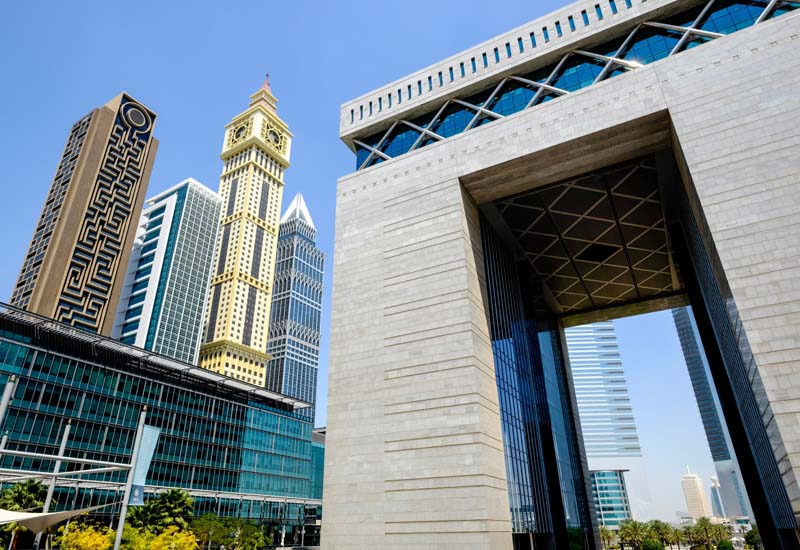When Four Seasons Resort Dubai at Jumeirah Beach opened in November 2014, it came at the end of a long road of waiting for what was meant to be the next level of luxury accommodation. At the time, Four Seasons Hotels & Resorts regional vice president and general manager Simon Casson said the brand was a “Rolls-Royce type of company” which offered a completely different service.
One year later, I’m seated in the Shai Salon with Casson, trying to find out whether the hotel has met the high expectations people had. Saying the last year has been “phenomenally rewarding”, while “exhausting and exciting”, Casson adds: “We’ve brought something to the market that’s different, and certainly from a location point of view, have been able to establish the first luxury hotel this end of Jumeirah beach.”
Casson adds: “I was very careful, unlike perhaps some of my colleagues in the industry, to not come here before we open and say we’re going to reinvent this hotel market. And I’ve said that before when I opened in other markets. When I opened in Doha I said it because I knew it was a very small market with few hotels.
“I have great respect for the existing hotel product here — or at least for some of the product — and for some of the hoteliers who I think are world class. I knew for us, to really be able to compete at the top level, it would take much more than a location or a physical product. It would take an experience that was developed, and that experiential part of our business is delivered by people. It’s why I’m very proud of what we’ve been able to do in that regard.”
SERVICE STORY
Casson highlights right from the start that he’s proud of his team and the service. Last year, he told Hotelier Middle East that he personally went on the recruitment drive, visiting 20 countries in the process, meeting every single employee who was hired to join the hotel.
Turnover in the hospitality industry is something everyone discusses, and Casson proudly admits the turnover since opening has been around 15%, which he had initially expected to be higher at 30%.
“With that 15%, around 5% is because we wanted you to go, because you either weren’t identifying or weren’t aligned with our values, or weren’t able to step up to what we expected of you. We’re a company that’s built around a very strongly developed people ethos. We look after, nurture and develop people, but that doesn’t mean we tolerate average or mediocre.”
He’s firm about the importance of management and leadership to create an environment of excellence for employees. Casson explains: “If a great employee turns up and you have a manager that’s not inspirational or doesn’t encourage human development, then that employee will shrink into a safe place. They will still do their job, [but] the problem is that excellence doesn’t live there. Excellence is somewhere in that scary firmament out there where you make mistakes, and you’ve got to be a bit crazy sometimes and have fun.”

| Advertisement |










 Search our database of more than 2,700 industry companies
Search our database of more than 2,700 industry companies









